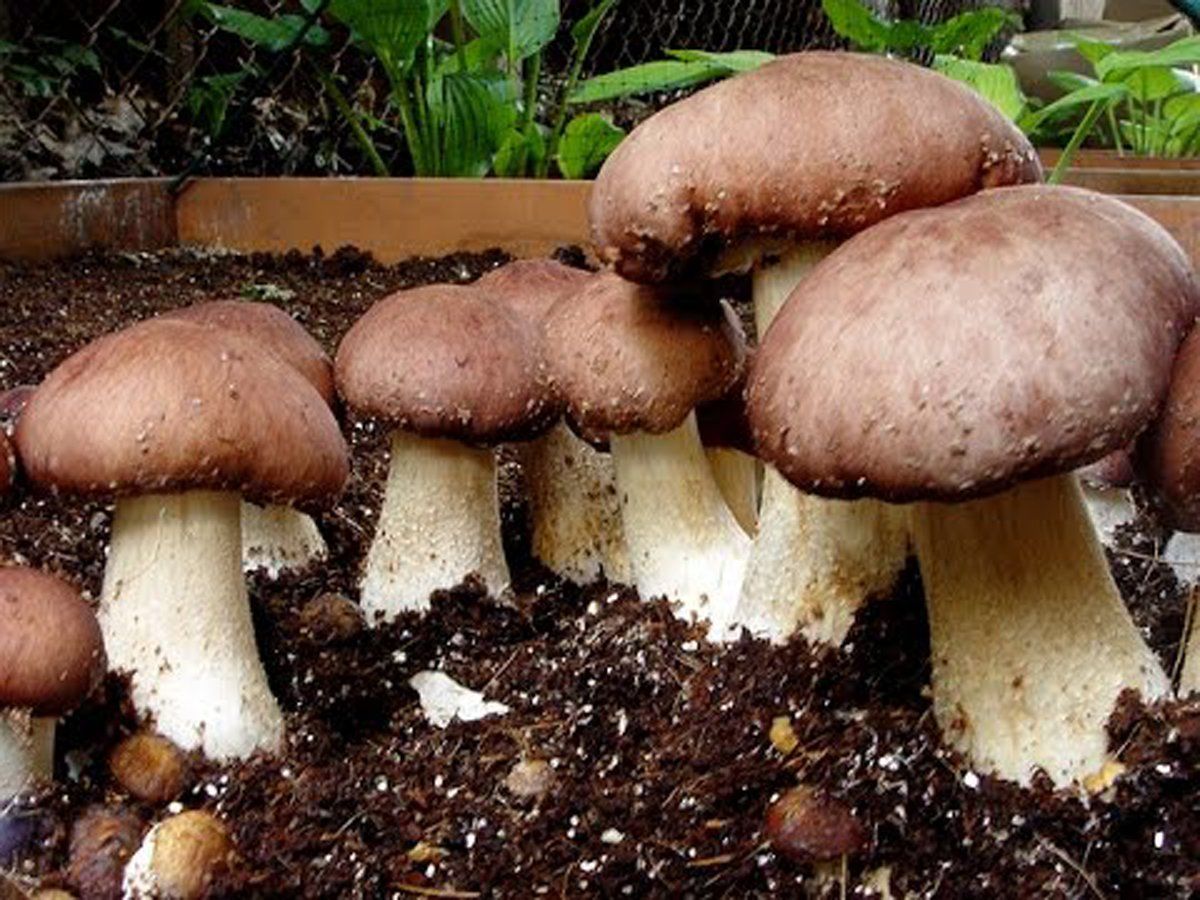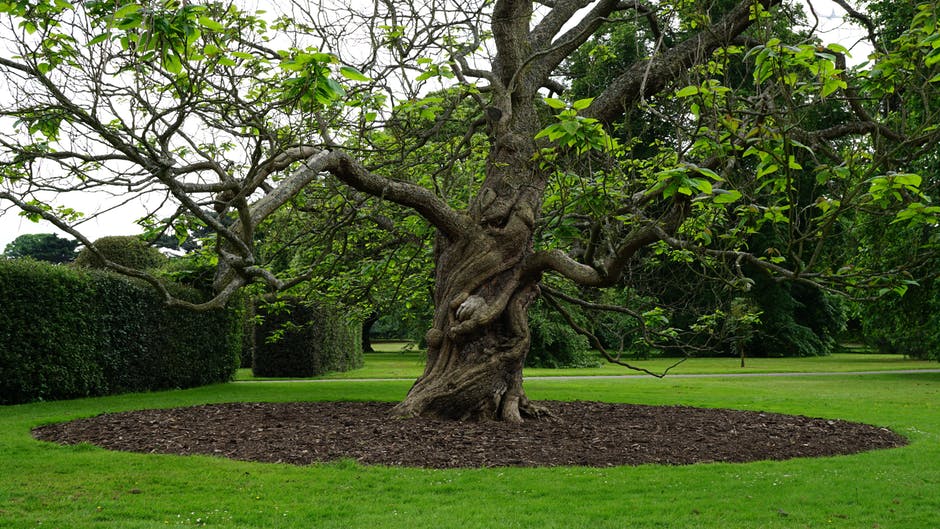COMPOST

MUSHROOM COMPOST
Mushroom Compost is a very versatile product since you can incorporate it into the soil prior to planting, or you can top dress existing plants
MUSHROOM COMPOST
Mushroom Compost is a totally organic, dark, rich, moist mixture of wheat straw, peat moss, cottonseed meal, corn cobs, cocoa bean shells, gypsum, lime, chicken cottonseed hulls, litter and/or horse stable bedding. This combination of ingredients is used in commercial mushroom farms to grow mushrooms.
These materials are composted for many weeks and then placed into a huge room, where it is completely sterilized. After the sterilization is complete, the compost is then placed into growing trays, where the mushroom growing cycle begins.
Strangely enough, mushrooms can only be grown in this mixture for a short period of time. At this time the compost must be removed. Not be is nutritionally depleted, but because the growing environment is very dark and moist and could be subject to invasion by fungi and this could be devastating to the mushroom farm. After 18-20 days, the compost is removed, and a brand-new batch is prepared for next crop. The mushroom compost is loaded from the growing trays directly into huge trucks and then shipped. It never touches the ground until it arrives at our facility.




Looking For Landscaping Bark?
Get landscape bark and spruce chips in Newton Abbot, Plymouth, Exeter and surrounding areas. Call Fine Turf on 01364 652 538
Order Now
Frequently Asked Questions
How do I use Mushroom Compost?
Mushroom Compost is a very versatile product since you can incorporate it into the soil prior to planting, or you can top dress existing plants. Some of the most dramatic results are obtained in annual or perennial beds and vegetable gardens. It is a valuable amendment to be used on almost everything you want to grow.
Most landscapers that have the availability of mushroom compost will use it on almost everything they plant. Before laying sod, it is recommended to till Mushroom Compost into the soil. Before planting an annual bed, perennial bed, or vegetable garden, it is recommended to apply at least a 3 inch layer of Mushroom Compost on top of your bed,and till it in 5-6 inches deep. Then plant your plants and water them regularly. You won't need to add anything else to your beds for the entire growing season. If you have an existing bed, that is not doing its best, you can top-dress with a 1-inch layer and continue watering on a regular basis.
Mushroom Compost is considered non-burning, so don't be afraid to let the material be right up against the stems of your plants. You don't want to plant directly into the compost, since it is much too rich for this type of application. It is only considered non-burning when you incorporate it into the soil or top-dress existing plants that already have an established root system.
What About Weeds?
Weeds can be a major problem in most composted materials. Perhaps you've experienced this. As stated earlier, Mushroom Compost must be completely sterilised before being placed into growing trays.
Mushroom growers are extremely cautious and take every precaution to make sure there are no foreign weeds or bacteria in the growing medium. You won't have to worry about contaminating your flower beds, yard, or vegetable gardens with weeds when you use Mushroom Compost.
Can I use Mushroom Compost in My House Plants?
A thin layer of mushroom compost can be applied on top of potting soil in house plants, but make sure the container has proper drainage. It is not recommended to use Mushroom Compost in flower boxes or other containers that have no drainage.
Mushroom Compost vs. Cow Manure
Mushroom compost is shipped to us directly from the mushroom farms when the mushroom growing trays are emptied. We do not alter the composition of this product in any way.
Although we only sell mushroom compost in bulk there are some bagged products being marketed as mushroom compost when in fact it could be a variety of other materials with a little bit of mushroom compost added. It certainly is not pure mushroom compost like our product.
BE CAREFUL! Cow manure is being marketed in a similar way. The actual amount of pure cow manure in most products is very limited. Unless it is dehydrated cow manure, you're not getting much more than a glorified potting soil.
Our mushroom compost has an odour when you buy it but don't be alarmed. It will rapidly disappear when applied to your flower beds and vegetable gardens. In fact, if it doesn't have an odour when you buy it, be it mushroom compost or cow manure, it probably won’t do you much good anyway.
The effectiveness of mushroom compost compared to cow manure is much greater even if it's dehydrated cow manure. The reason being, in cow manure all you have is cow manure. In mushroom compost you have wheat straw, peat moss, cottonseed meal, cottonseed hulls, corncobs, cocoa bean shells, gypsum, lime, chicken litter and/or horse stable bedding. When these ingredients are composted you gain a multitude of plant benefits.
The next time you want cow manure, just compare it to mushroom compost. Look at the difference, feel the difference smell the difference. Then choose mushroom compost... You'll be glad you did!

Fine Turf (Devon) Ltd, registered as a limited company in England and Wales under company number: 00876144.
Terms & Conditions
Cookie Policy






